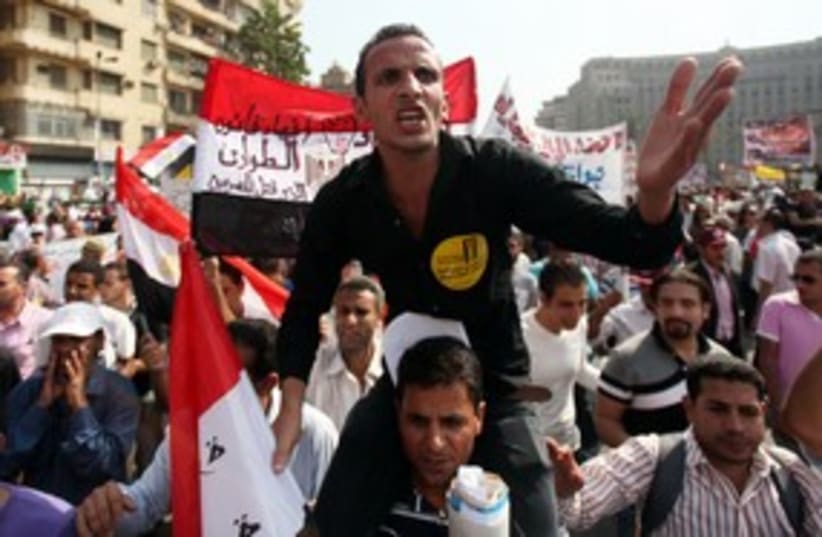The writer is a commentator who divides his time between the United Kingdom and Southern California. He has appeared on CNN, CNBC, BBC and Sky News, and has been featured in the New York Times, the Wall Street Journal, the Washington Post, the Financial Times and the Economist.
Egypt faces the naked truth
A nude blogger's protest highlights the challenges that face Egypt’s fledgling democracy.

The writer is a commentator who divides his time between the United Kingdom and Southern California. He has appeared on CNN, CNBC, BBC and Sky News, and has been featured in the New York Times, the Wall Street Journal, the Washington Post, the Financial Times and the Economist.